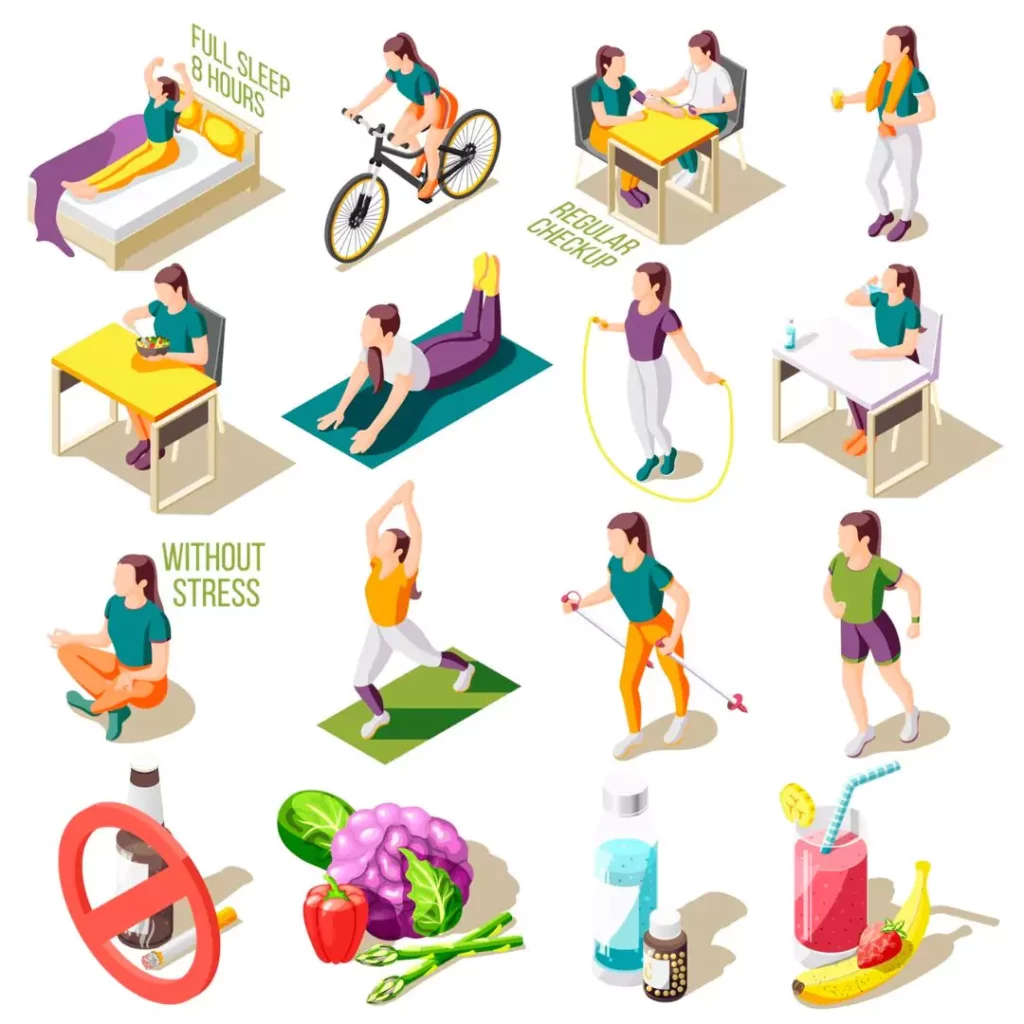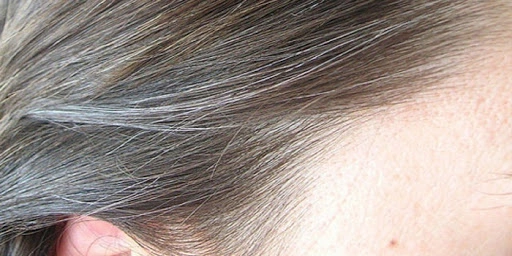
Have you ever wondered how you can avoid feeling tired when you wake up? It’s a common question that many people have at some point in their lives. If you’ve never asked this, maybe you’re one of the lucky few who always wakes up refreshed, or perhaps you just don’t like to complain.
“How to Not Be Tired in the Morning” – this question is something almost everyone has thought about at least once. If you haven’t, you’re either incredibly lucky or just never complain.
Let’s talk about “How to Not Be Tired in the Morning”. If you find yourself feeling exhausted, especially when you wake up, there are healthy habits that can make a big difference.
The feeling of being “always tired” is not a natural state. Believe it or not, there are daily steps you can take to feel more energized and alert as soon as your day begins. I’m going to share with you some habits and tips that have significantly helped me, and I’m confident they will help you too, especially if you’re aiming to shake off that morning tiredness and start your day feeling awake, focused, and present.
I want to share some habits and tips that have really helped me. They can help you too, particularly if you want to stop feeling tired in the morning and instead start your day feeling awake, focused, and engaged.
Why Am I Always Tired In The Morning?
To address a problem effectively, you first need to understand its root causes. Here are some potential reasons why you might be feeling constantly tired:

- Insufficient Sleep: Not giving your body enough time to recover from the day’s events and emotions can lead to waking up tired. This is something I’ve experienced personally.
- Emotional and Mental Disorders: Conditions like depression, anxiety, bipolar disorder, or high stress levels can lead to poor sleep quality, affecting how refreshed you feel in the morning.
- Poor Diet: What you eat plays a significant role in how you feel, including your levels of fatigue, motivation, and overall perception. Consuming junk food, for instance, can lead to functional lapses in your body over time.
- Excessive Screen Time: Spending too much time on electronic devices is known to negatively impact mental health and productivity. One of the lesser-known effects is its contribution to restlessness and poorer sleep quality, leading to tiredness in the morning.
- Physical Illnesses: Studies have shown that individuals with chronic illnesses often experience more fatigue than healthy people. Conditions like cancer, anemia, or sleep apnea can significantly disrupt your sleep patterns.
- Physical Overexertion: Engaging in intense physical labor or even moderate activities for extended periods can deplete your energy, necessitating more sleep and proper nutrition for recovery.
HOW TO NOT FEEL TIRED IN THE MORNING
Fortunately, there are effective strategies to feel more rested. Here are some practices to incorporate into your routine:

- Determine Your Sleep Needs: Your ideal amount of sleep is closely tied to your circadian rhythm. While most adults need at least 7 hours of sleep, this might not be the right amount for you. Experiment with different durations – 8, 9, or even 10 hours. When you wake up feeling genuinely rested and don’t feel an overwhelming urge to go back to sleep, you’ve found your ideal sleep duration. But be careful, as oversleeping can also lead to tiredness.
- Maintain a Consistent Sleep Schedule: It might be tempting to sleep in on weekends, but try to stick to your regular sleep hours. If you typically sleep from 10 PM to 7 AM on weekdays, maintain this schedule over the weekend. Disrupting your sleep pattern can confuse your body and result in feeling groggy, even if you’ve slept more than usual.
- Hydrate Adequately: Water intake is crucial for your overall health and sleep quality. Studies have found that women who stay hydrated, consuming about 2.7 liters or 3/4 gallon a day, experience better sleep. If you’re not used to drinking this much water, it may seem like a lot, but it becomes easier with time. Keep a bottle or glass of water next to your bed to quench any overnight thirst and return to sleep comfortably.
- Follow a Nutritious Diet: Emphasize a vitamin-rich diet while avoiding fatty, processed foods. Prioritize fresh fruits and vegetables, which are high in vitamin C. This not only improves your energy levels but also benefits your skin health and immune system. Check for any nutrient deficiencies with your doctor, as these can contribute to morning fatigue. Ensure you’re eating nutrient-dense foods and consider supplements if needed. Additionally, avoid eating late in the evening; finish your last meal at least 3-4 hours before bed.
- Maximize Natural Sunlight Exposure: Your circadian rhythm is designed to differentiate between day and night, signaling when to be active and when to rest. However, the glare from electronic screens and artificial lighting can disrupt this natural cycle. Utilize natural daylight as much as possible – wake up with the sunrise, keep your blinds open until sunset, and spend time in the sun. Reserve the evening for relaxation: dim the lights, do some calming activities, and prepare for rest.
- Moderate Electronic Device Usage: Excessive use of electronics, especially at night, can trick your brain into thinking it’s still daytime, delaying sleep. Instead of scrolling through your phone before bed, try reading a book, taking a bath, or journaling.
- Limit Evening Caffeine Intake: Avoid consuming caffeine in the evenings as it can hinder your ability to fall asleep at a reasonable time, leading to morning tiredness.
- Stay Physically Active: Engage in at least 30 minutes of exercise daily. Regular physical activity not only helps with falling asleep but also boosts your overall energy levels. If your job is sedentary, try to move around more often. Light, regular movement can significantly improve your energy and reduce feelings of fatigue.
Additional Tips to Consider
- Mindfulness and Relaxation: Activities like meditation, yoga, or even simple breathing exercises before bed can help calm your mind, leading to better sleep.
- Create a Restful Environment: Your sleeping environment plays a crucial role. Ensure your bedroom is dark, quiet, and cool. Consider using blackout curtains, earplugs, or a white noise machine if needed.
- Limit Naps: While napping can be beneficial, long or late-in-the-day naps can interfere with your nighttime sleep.
- Seek Medical Advice if Necessary: If you’ve tried these strategies and still feel tired, it might be worth discussing with a healthcare professional to rule out any underlying health issues.
Implementing these habits won’t change things overnight, but with consistency, you’ll start to notice you’re waking up feeling more refreshed and less tired. It’s all about finding what works for you and sticking to it. Remember, good sleep and a refreshing morning are within your reach with the right approach and habits.
























































































































